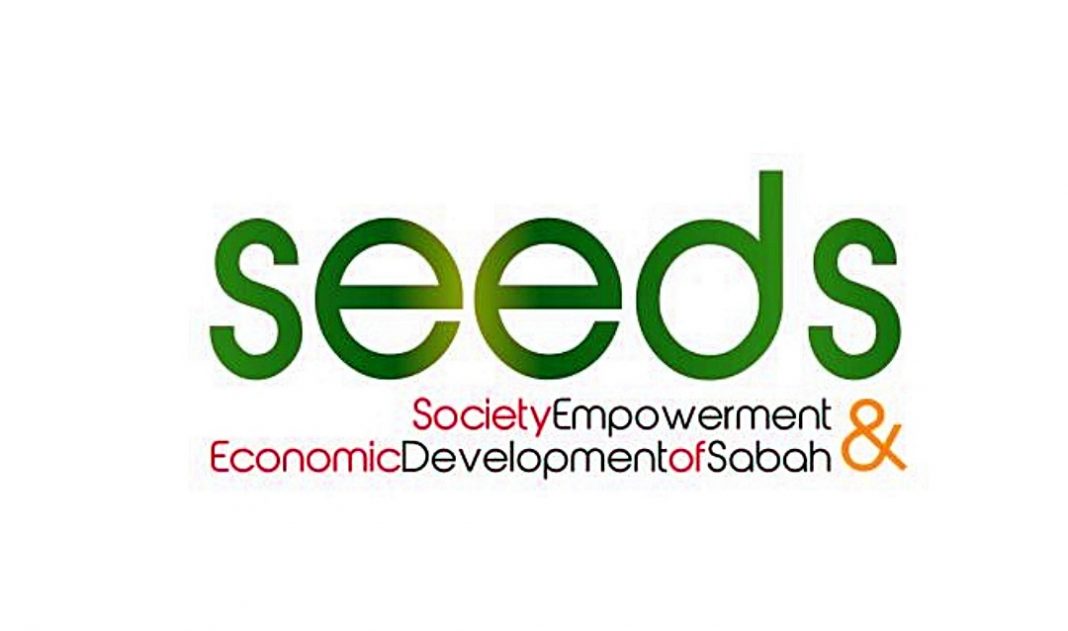KOTA KINABALU: We strongly believe that in order for Malaysia to overcome Covid-19 crisi and the economic devastation that comes with it, political stability by ways of political truce must be achieved without delay, as quickly as possible.
Therefore, the first meeting between PM and opposition leaders from Pakata Harapan four days after he took office, is a big step in a right direction. We hope that in coming days, there will be more detailed discussion and subsequently, an agreement on a cooperation plan that will guide both parties at least up until the next general election. Whatever forms of cooperation forged, it should entail a meaningful participation that transcends across political parties, which includes the involvement of NGOs, business communities, academicians as well as professional and also representative from each state government.
In a joint public statement rarely seen in Malaysian political scene, both parties have agreed to strengthen the role of Parliament, uphold the independence of the judiciary and an agreement on the importance of good governance. On the subject of Parliament, we have always argued that Parliament, and also State Assembly, have never reached even half of its true potential compared with other parliamentary democracy. Without downplaying the importance of other reforms that Malaysia badly needed, SEEDS believes the first key reform that must be addressed is parliamentary reform. A reformed parliament would enabled a more vigorous debate and would allowed not only MP/ADUN but also civil society, an opportunity to discuss other institutional reforms.
Therefore, SEEDS propose the following:
The expansion of Select Committee’s membership for each existing Select Committee with equal representatives from government and opposition backbenchers. One of the major criticisms reverberated throughout the previous government was the inclusion of oppositions and civil society, or lack thereof, in managing Covid-19 and the many strategies adopted by the government. Tan Sri Muhyiddin towards the end of his premiership proposed among others, equal membership for both government & oppositions in the
Select Committee.
By expanding equal membership to each Select Committee, Members of Parliament (MP) can monitor every strategies put in place by the government. The same formula should also be applied for Chairmanship of the committee. However in order for the committee to perform its function effectively, it must be given the power to call for hearings & summons any public officials including the minister. Other than that, they could also call for public hearing inviting NGOs and various stakeholders to share their views. Preferably, similar with Dewan Rakyat, the proceeding should be aired live. Hearing especially those given by the executive will provided valuable first-hand information and through this, MPs can identify any issues and subsequently put forward their recommendations.
In relations to the above, political cooperation is indeed a thing of concern at federal level but we must not lose sight on political reform at state level. Therefore, we also propose that state elected representatives be given more roles by creating more Standing/Select Committee with more power similar with the one proposed above, to empower these committees to act as an effective oversight body.
Creation of Select Committee on Sabah & Sarawak Affairs. There is an urgent need to look into details on issue revolves around Sabahan and Sarawakian rights especially in relations to Malaysia Agreement 1963 (MA63). Special committee at cabinet level has been formed both during BN and PH government, but little is known on what transpired within this meeting. Therefore, it is high time for our elected representatives to be actively involved
rather than just a mere spectators in the whole process. Best way to do it is through the establishment of a special select committee in the Parliament. The many issues face by both states should not be viewed as a “Sabahan or Sarawakian issue” but rather a national issue.
An inclusive Majlis Pemulihan Negara (MPN). SEEDS welcome the offer made to the oppositions by the Prime Minister to be part of Majlis Pemulihan Negara. The following options may be considered.
At least one fifth (1/5) of the membership should be allocated to oppositions, while the rest ideally should be divided equally between relevant government agencies (which includes representative of each state government) and non governmental bodies (NGOs, business communities, academicians, professionals) and/or, Alternatively, at least one representative from opposition be appointed as Co-Chairperson, or at minimum as Deputy Chairperson for MPN. To ensure seamless coordination with the cabinet, MPN representatives should sit in the cabinet or at least be given a slot to brief the cabinet on any recommendations/issues arise from it proceedings.
In view of this proposal, it would be logical to extend membership for oppositions to the existing Jawatankuasa Khas Jaminan Akses Bekalan Vaksin Covid Covid-19 (JKJAV) and NGOs to sit at various sub-committees under JKJAV. 5. SEEDS believes democracy is about representing people’s wills. And to represent the will of the people, existing institutions must uphold the integrity, accountability, transparency, and sanctity of rules of law. The above mentions proposal can pave a way to achieve this end. Therefore, a comprehensive confidence and supply agreement (CSA) must be agreed, and will form a basis for vote of confidence for the government. Although institutional reforms via political participation has been proposed by former Prime Minister Tan Sri Muhyddin Yassin, most considered the proposal came a bit too late.
However, at this juncture against the backdrop of health and economic crisis, political cooperation is crucial.
Inclusive institutions is way for both sides of the bench to come together and discuss, design, implement and monitor any policies being proposed. In time of crisis, if politicians truly want to be seen as a matured representatives of the people, then it is time to act beyond politics and power play. This is part of the process in restoring people’s confidence towards our political institutions.-pr/BNN






